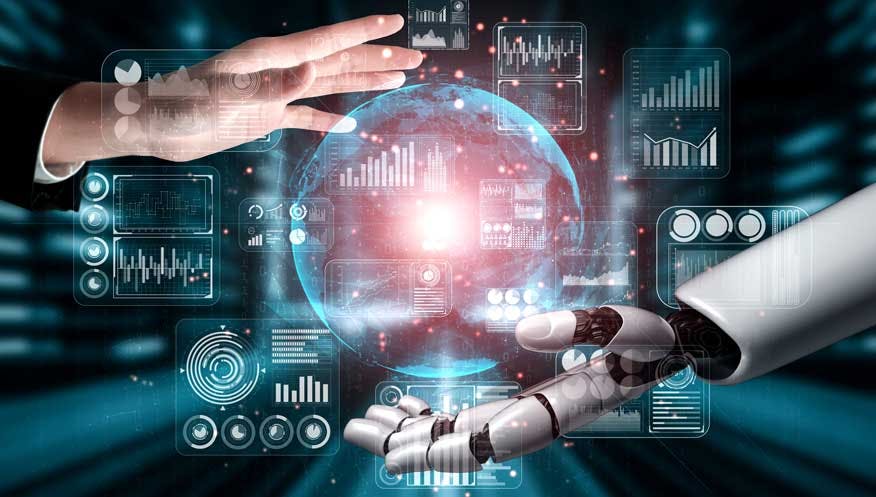I was watching the trailer of Back to the Future Part II with my 8 year old the other day. I told him that when the movie first came out, lots of people including I, who was a 9 year old then (you can skip the maths about my age...), thought that 2015 would actually look like the movie. We had expected to see hoverboards, flying cars, self drying jackets, etc.
My son’s reaction was: “Really, Dad??...” No parent should be the subject of that kind of disappointment...
He is too young to watch (and appreciate) The Terminator but I have reason to expect a similar reaction to the earlier worries about AI starting a nuclear war in 1997 and time traveling cyborgs from 2029.
Of course for such big questions we might want to refer to the opinions of experts who are slightly more qualified than 8 year olds. Ex CEO of Google Eric Schmidt is certainly one of them worth listening to.
When he is asked about “AI and the concern of the technology being mismanaged” his response is “So the source of education for the general public has been robot killer movies and Terminator etc. And the one thing I can assure you we’re not building are those kinds of solutions. Furthermore, if they were to show up, someone would notice and unplug them” (Source: 16:20 onwards in Eric Schmidt: Google | MIT Artificial Intelligence (AI) Podcast)
For many people social and economic impact seems more likely than what the sci-fi cinema is worried about.
PWC research has some very powerful insights about the potential impact of automation on jobs: It seems likely that artificial intelligence and similar automation technologies will bring significant disruption to the labour market. Some jobs may disappear, some jobs may change and some new jobs will be created.
Studying history can help us estimate the future outcome of current events. In that sense, the Industrial Revolution can be a reasonable example. In my opinion the best course of action would be to try to repeat what worked well and learn from the mistakes.
Certainly there are countless angles to approach the issue at hand. Reflecting on the Industrial Revolution three lenses can help to manage the impact of AI on our society:
**Education: ** Incorporating the emerging technologies into the education system to prepare individuals for the jobs of the future. This will be important not only to keep people employed but also provide the businesses with suitably equipped workforce
Regulation: Similar to labour laws, we need to think about AI laws. Just one example: One of the biggest problems in the use of AI is “explainability”. A lot of AI solutions are designed in a black box form where most people, even the creators of the solution do not know exactly why the machine spitted out a certain decision. If the machine cannot answer explain their behaviour (in some form), we cannot trust them. Explainability should keep the machine as well as the owner accountable for their actions. This can be standardized and sanctioned with proper regulation
Social security: It is likely that a large number of people will not be able to adapt to the new workforce requirements. We cannot leave these people behind...Maybe a portion of the revenue associated with certain emerging technologies should be taxed specifically to support the people whose jobs are displaced by these technologies.

